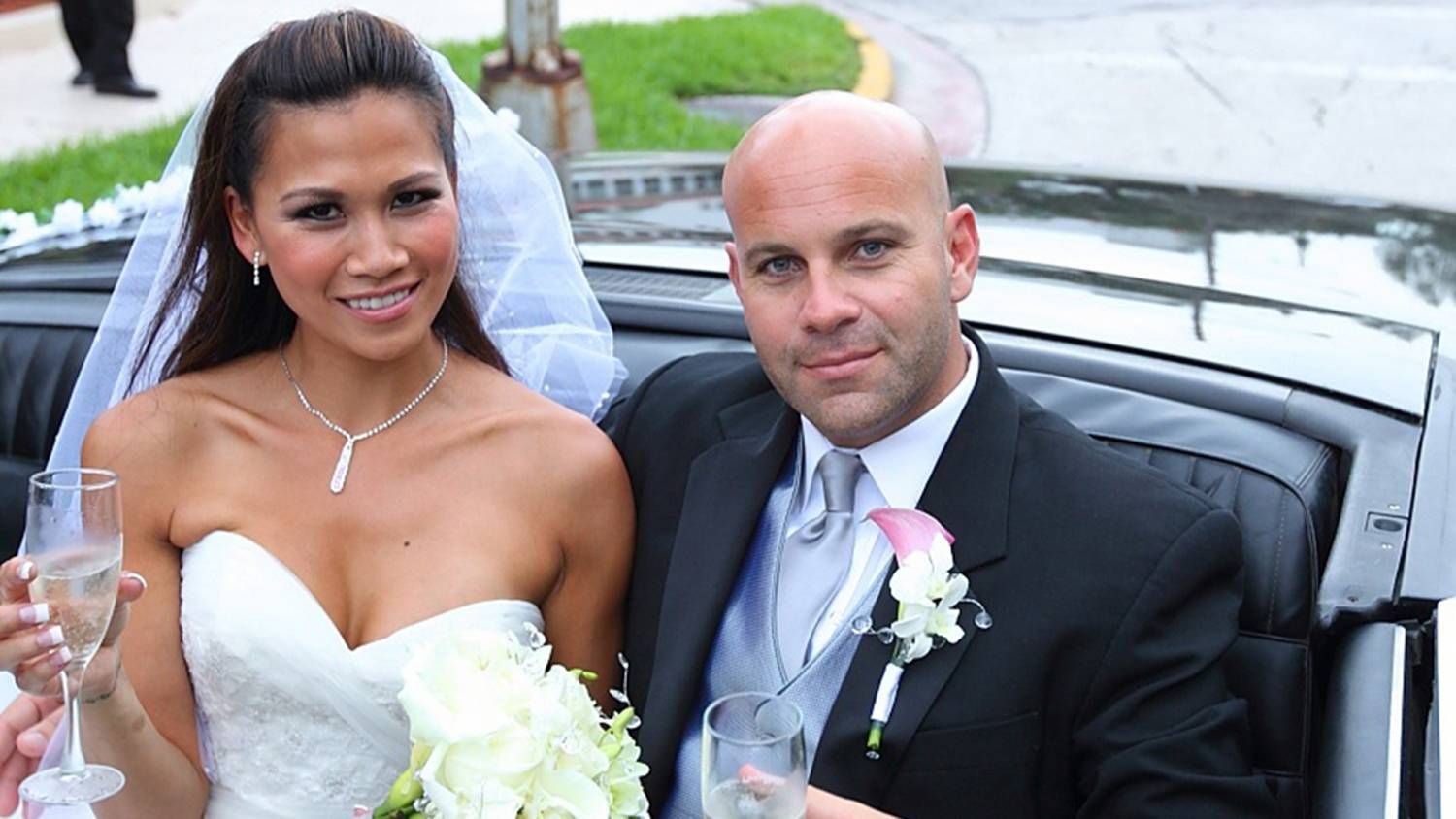When I was a little girl, I dreamt of the day when I would stand barefoot on a sandy beach, azure water glimmering in my peripheral vision, while facing the love of my life. I cherished the thought of the officiant pronouncing us Mr. and Mrs. His Name as we lean in to share a gentle, yet passionate kiss. I always found the idea of sharing a last name to be romantic — a sign of unity and a blossoming family.
Now that I’m in my 20s, I’ve given more thought to the practicalities of marriage. It’s occurred to me that if my serious boyfriend and I were to get married, I wouldn’t want to take his last name.
Don’t get me wrong, Da Costa is a nice name, but it’s also fairly common among the Portuguese. Skorstad, on the other hand, is rather unique. My family is also small, with little hope of carrying on our name. My boyfriend has two brothers to carry on the Da Costa legacy.
I used to dislike my harsh-sounding Norwegian name, but have recently come to embrace it as a part of my identity (just like my striking paleness or ball-tipped nose). When I casually mentioned the idea of taking my name to my boyfriend, he said he didn’t want to, although he couldn’t specifically say why.
My boyfriend’s not alone. Although there are a small number of men who take their wife’s name (such as Zoe Saldana’s husband, Marco), research shows that more than 50 percent of Americans think a woman should be legally required to take her husband’s name.
Given all the other successful strides in the gender equality marathon, why does the majority of society still assume women will blindly take their husband’s last name? And why is this okay, considering the arduous history of female oppression?
Identity Deletion
Throughout history, this antiquated custom, practiced mostly in America and England, has served the purpose of robbing women of their identity. Not only did a marriage symbolize becoming one person, but also by taking their husband’s name unfailingly, women were reduced to nothing more than his property, and merely considered in relevance to him.
Only in 1972 did it become legal for a woman to keep her maiden name. If you think about it, even the term “maiden name” is an outdated one, conjuring up images of a girl clad in a corset, waiting for an eligible bachelor to pay her dowry and sweep her away. The definition of maiden is “an unmarried woman.” Therefore, if a woman chooses to get married but keep her last name, the term maiden is no longer appropriate.
To be fair, much of the English language is rooted in traditionalism and the biases aren’t always intended — how many times have you said fireman or mailman without registering the bias? Nevertheless, there is nothing wrong with language evolving and changing. Take slang for example.
Toxic Masculinity
It’s likely that most men don’t knowingly want to contribute to the erasure of a woman’s identity, but so many men are adamant that their future wife should take their name. It seems to boil down to men feeling emasculated.
Though not always intentionally, society conditions men to be tough alpha males — to not show weakness and provide for their family. As a result, men feel the need to, well, be the man of the house while their wife adheres to more domestic duties, like cleaning and cooking.
It is true that many relationships tend to have a more dominant partner and a more submissive one, but the key word is partner — equals who don’t need to subscribe to specific gender roles, or may switch roles at any given time. Men can be sensitive and women can take care of men, or the opposite.
When questioned, men and women often say they like the unity of sharing a last name and raising a family under that name. Personally, I completely agree. But there’s no reason the last name can’t be mine.
Double Standards
Current American society makes it quite difficult for the radical men who want to change their last name. When women take their husband’s name, the process is simple. However, if a man is to take his wife’s name (or if same-sex couples are to marry), the process is more complex and on par with a legal name change, as opposed to part of the marriage process.
In 2013, a man in Florida was charged with fraud and had his license suspended because he wasn’t aware of the misogynistic double standard. Apparently, only a handful of American states allow a man to change his name with ease when marrying. The rest subject men to mountains of paperwork, costly fees and lengthy legal processes.

Alternatives
Most women adopt their husband’s name out of tradition, without giving it a thought. There’s nothing inherently wrong with this decision, but awareness is paramount.
There are several alternatives to consider. As a team, couples can choose which name they prefer, keep their own, hyphenate, concoct a hybrid of the two or come up with a new name for their new family.
After all, this is what members of the LGBTQ community do. As there’s no unspoken norm telling them whose name to take, they’re able to rebel against the traditionalism of marriage. There’s no reason why heterosexual couples can’t follow suit and make a decision together as equals.
Some contributing factors in name decisions are the pronounceability, connotations, whose last name potential children would inherit, uniqueness, familial relationships and notoriety. A woman may have an established career with her last name, or a man may have a negative relationship with his family.
Men, I implore you, think about the malevolent roots of the ancient tradition and keep an open mind. Then, together with your partner, discuss your options. Understand that there’s nothing wrong with going the traditional route, as long as it’s for the right reasons. After all, it is a women’s identity that could be at stake.

















